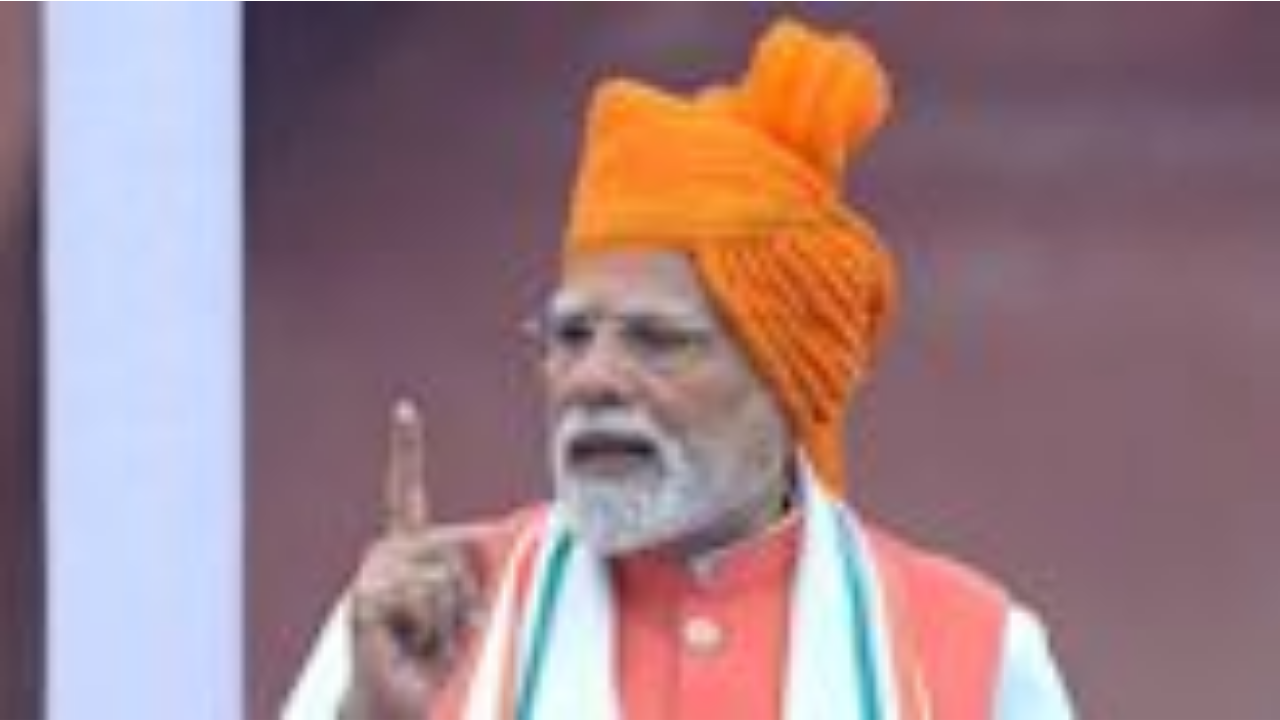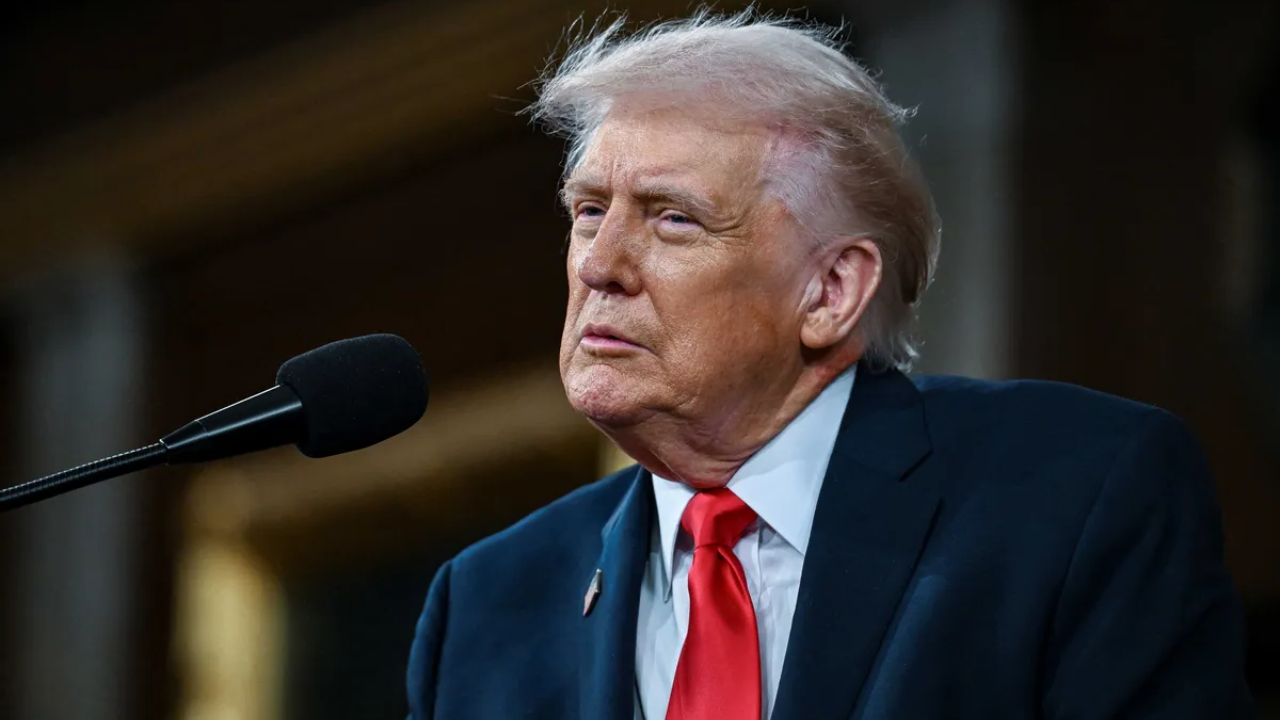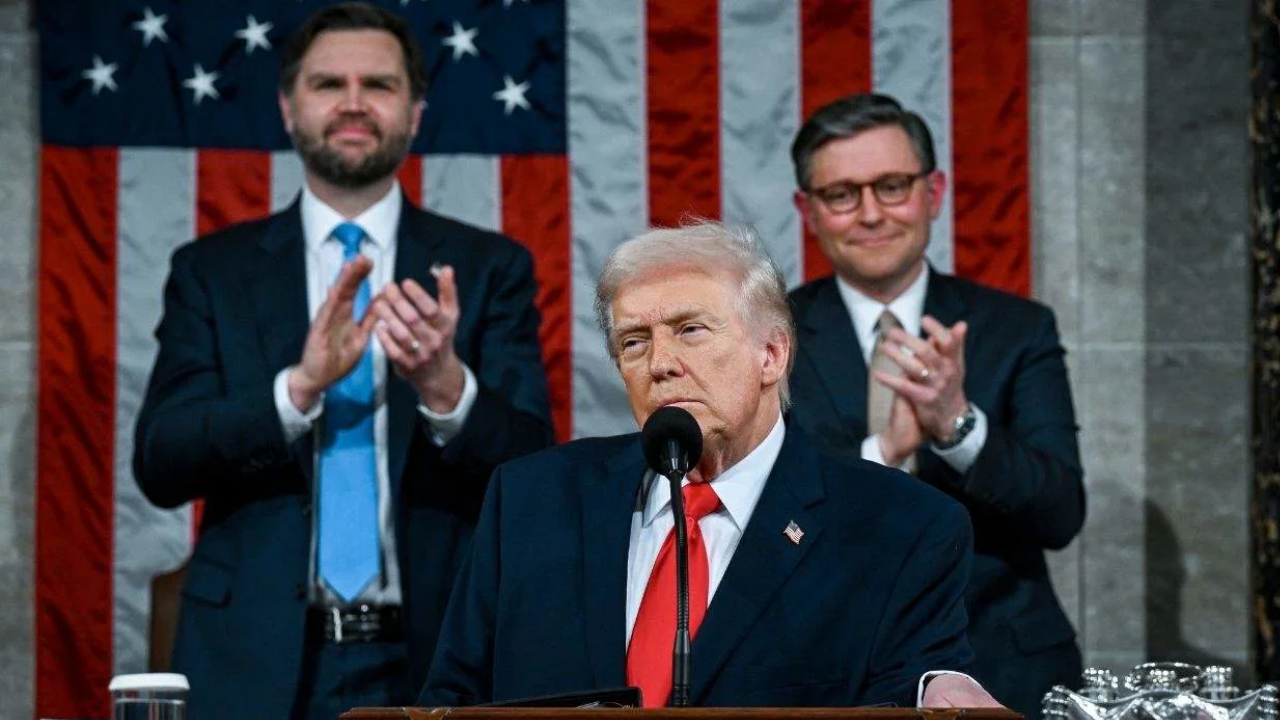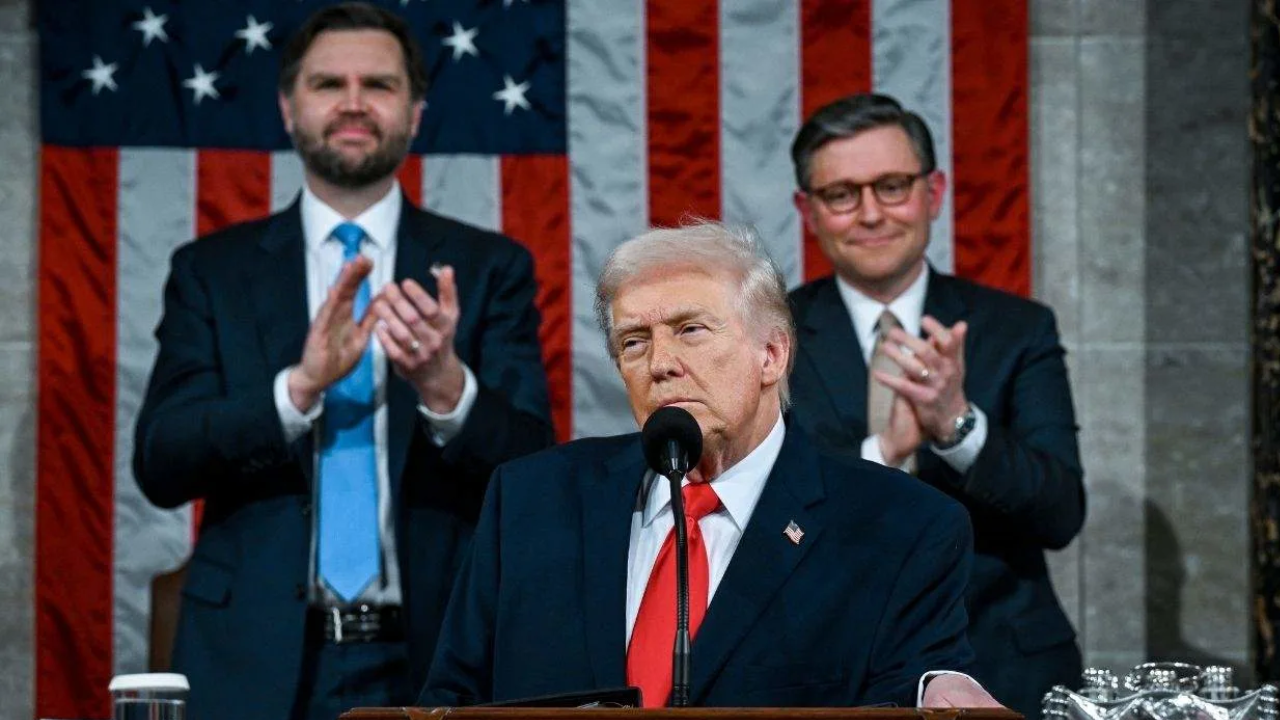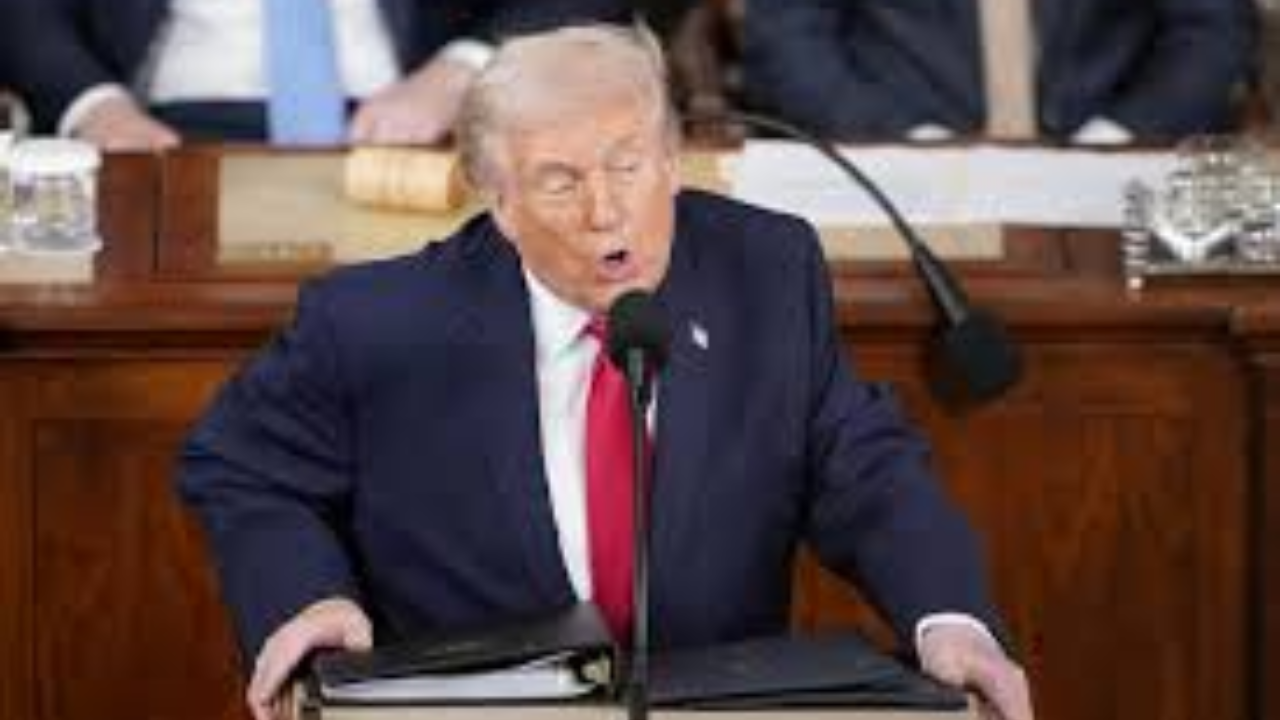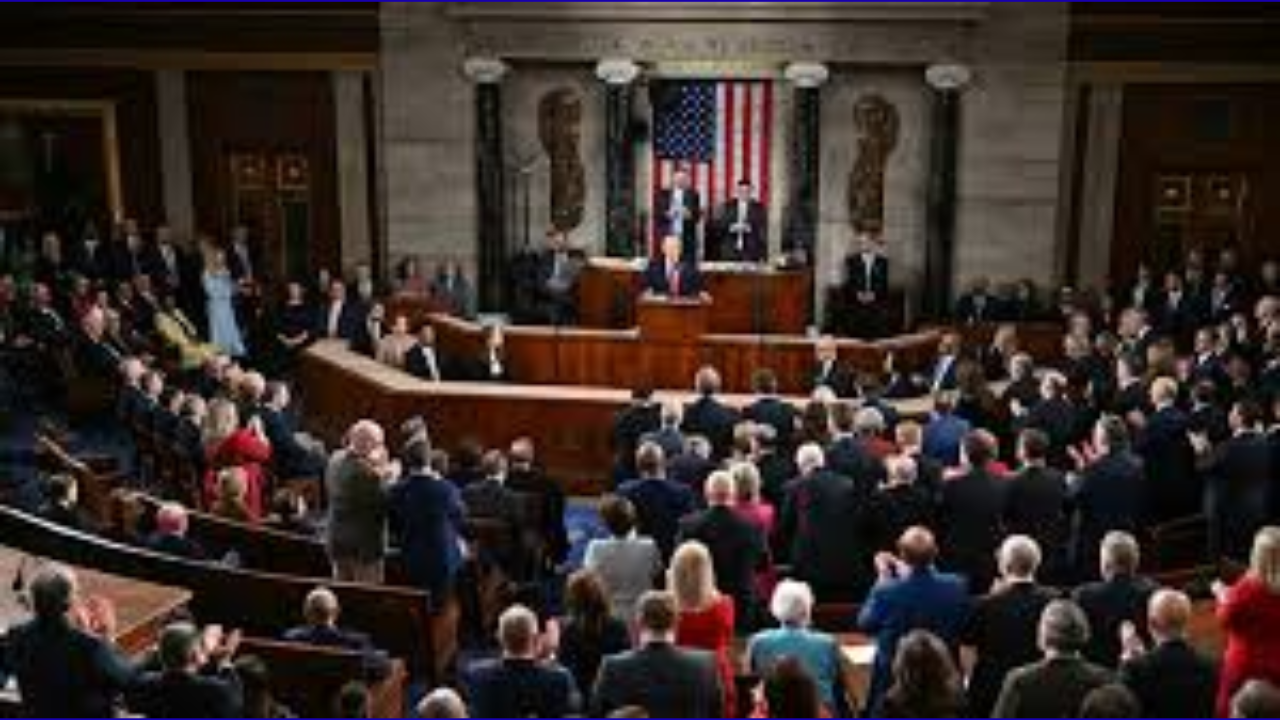GST Revamp on the Horizon: PM Modi Announces Next-Gen Reforms
Thank you for reading this post, don't forget to subscribe!Prime Minister Narendra Modi has announced that the next wave of GST reforms will be implemented before Diwali this year, a move welcomed by industry experts.1 These “next-generation” reforms aim to simplify the tax structure, boost economic activity, and improve the ease of doing business.2 The announcement follows PM Modi’s Independence Day speech, where he highlighted the need for significant changes to the current GST framework.3
What to Expect from the New GST Reforms
The upcoming reforms, which are expected to be discussed in two GST Council meetings this September, will focus on several key areas:4
Rate Rationalization
Experts are pushing for a simpler GST structure.5 The current system, with its multiple rates (0%, 5%, 12%, 18%, and 28%), often leads to confusion and disputes.6 There’s a strong proposal to eliminate the 12% slab, as it contributes minimally to overall revenue.7 Experts also recommend lowering rates on essential services and mass-consumption goods.8 This includes items like health insurance, telecom services, processed food, and two-wheelers.9 The goal is to increase consumer purchasing power and stimulate consumption, which accounts for about 60% of India’s GDP.10
Simplified Compliance
Another major focus is simplifying compliance, particularly for MSMEs (Micro, Small, and Medium Enterprises).11 The current system’s complexity can be a significant burden for small businesses.12 The new reforms are expected to offer relief and streamline processes, making it easier for businesses to operate.13 Additionally, there are calls to address the issue of blocked credits, which can negatively impact a business’s cash flow.
Economic Impact
While some, like former Finance Secretary Subhash Garg, have criticized the economic vision as “jingoism,” arguing against replacing exports with domestic consumption, others see a more positive outcome. Experts from Deutsche Bank and PwC believe that the reforms could raise disposable incomes and fuel consumption, potentially enabling India to surpass China in nominal GDP growth over time. The simplification of GST is also seen as crucial for protecting India’s growth amidst global trade tensions. Kotak Mahindra AMC’s Nilesh Shah emphasized that these structural changes are more effective than temporary “band-aid” monetary incentives for boosting employment.
